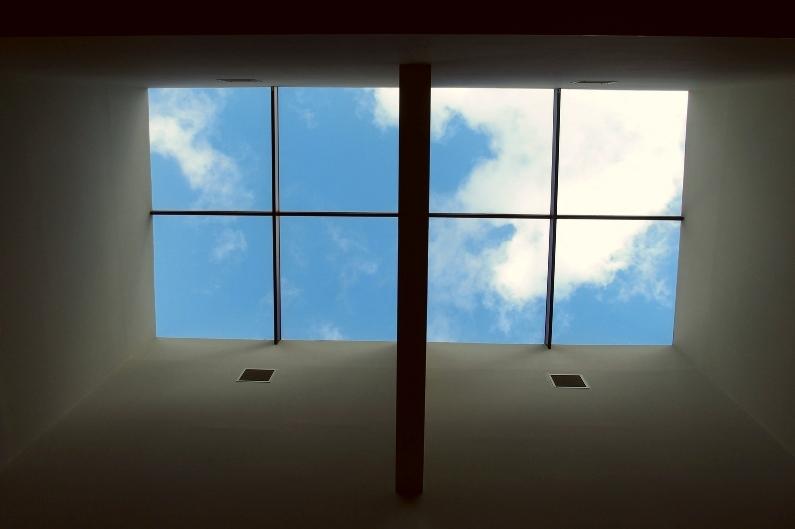The volatile state of utility prices has made us more aware of our energy consumption and household bills. When it comes to a home extension, incorporating energy-efficient features is more important than ever.
An architectural design expert takes these important aspects of your home extension into account, helping you to satisfy building regulations that require your plans to include insulating cavities, floors and lofts and provisions for low-energy lighting. Professional advice can help you consider all your options and ensure you don’t miss opportunities to reduce the running costs of your enhanced home. See your extension as a long-term investment that can provide benefits over many years.
Here are six tips for energy-efficient home extensions:
1. Consider your materials
The choice of material for your extension will probably be dictated by the type of house you have to ensure that the materials are sympathetic with the existing property. Used effectively, higher density materials such as bricks, concrete and stone can help to absorb and store heat. Another option might be breeze blocks with an effective external wall insulation over the top.
2. Be clever with lighting
Using skylights or clerestory windows allow for more natural light, so reducing lighting costs. They need to be positioned wisely, however, to avoid causing excessive heat in the hotter summer months. Also ensure you use LED lights, which provide exceptional brightness while using minimal energy.

3. Think double glazing and window positions
Argon gas filled double glazing with low emissivity coatings can reduce the loss of heat from your home and helps to regulate the interior temperature. By keeping you warm in winter and cooler in summer, double glazing makes your extension usable throughout the year. As north-facing windows receive twice the winter sun of east and west, make these the largest windows to capture the warmth while reducing the number and size of windows that face west and east. Think of eaves over north-facing windows to avoid the unwanted sun in summer. You may also be able to position windows to maximise cross-ventilation, allowing breezes to naturally cool down a room trapped with warm summer air, so minimising the use of air-conditioning.
4. Include insulation
Since you’ll already have the builders in, consider installing wall insulation throughout your home as sharing some of this cost with your extension could make it more cost-effective. Good insulation keeps rooms warmer and potentially reduces heating bills. You might consider external wall insulation throughout, ensuring your extension blends seamlessly with the rest of your home. A good render can also keep your house weatherproof for years.
5. Control your heating
You’ll want to heat your extension efficiently and affordably. Ensure you install a programmable thermostat so you can turn down the temperature when you’re not there or in bed. Thermostatic valves on your radiators also enable you to control the heating in individual rooms. Make sure you don’t place anything too bulky in front of a radiator, such as sofas or sideboards, to avoid heat being absorbed.
As an alternative, consider underfloor heating, which provides a more even distribution of warmth. It works at a low temperature, offering potential savings compared with heating a room with a radiator. It’s much harder to retrofit a space with underfloor heating, so consider this option at your planning stage.
6. Choose energy-efficient appliances
However you wish to use your new extension, it’s always worth looking at the energy star rating on appliances, whether it’s choosing a fridge, dishwasher, washing machine or dryer. Energy-efficient appliances reduce your energy usage and emit less air pollution.
How KTA can help
A home extension can transform your house as well as enhance its value. AT KT Architectural, we also appreciate that there are cost implications in running a larger property. As architectural design experts, we can advise you on the best options to ensure the plans for your extension not only fulfil your lifestyle requirements, but also support your energy-conscious needs.
Chat with Kevin Todd to discuss your ideas on 07973 227925 or email: kt@kevintoddarchitectural.co.uk

Recent Comments